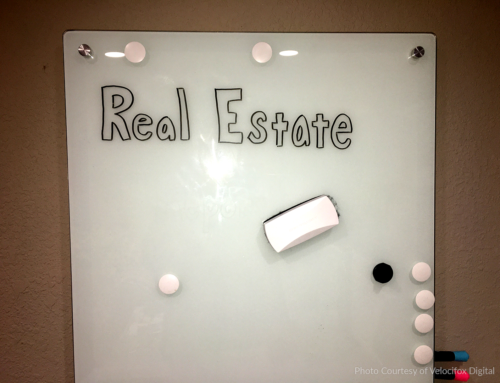 If you’ve recently inherited a home or other property from a loved one, you may be wondering whether or not to put it on the market for sale, or to keep it and use it as a rental. In any case, though, there may be certain tax related issues for you to be aware of.
If you’ve recently inherited a home or other property from a loved one, you may be wondering whether or not to put it on the market for sale, or to keep it and use it as a rental. In any case, though, there may be certain tax related issues for you to be aware of.
For example typically, when someone inherits a piece of property, it is worth more than it was when the original owner initially purchased it. With that in mind, if you opt to sell the property, then you could run into a substantial amount of capital gains tax.
However, due to the “step up” in basis, this tax liability may be eliminated. Basis, or cost basis, is defined as the original value of an asset for tax purposes. With regard to real property, this is typically the initial purchase price. The cost basis of an asset is used for determining the amount of capital gain – which is calculated by taking the cost basis and subtracting it from the current market value.
As an example, if you inherit a home that was originally purchased for $150,000 and is currently worth $250,000, your cost basis will be stepped up to $250,000. Because of that, you would not have to pay capital gains tax on the $100,000 increase in value.
In addition, if you keep the property for several years, and then you sell it for $300,000, then your capital gains tax would be calculated by taking your basis of $250,000 and subtracting it from the $300,000 sale price. This would leave you with capital gains tax due on a $50,000 increase, as versus an increase of $150,000. ($300,000 sale price – $150,000 original owner’s basis = $150,000).
If you own a property that was inherited from a loved one and you plan to put it on the market, we can help. Contact Us today for more information about how to best go about promoting your property for sale.





